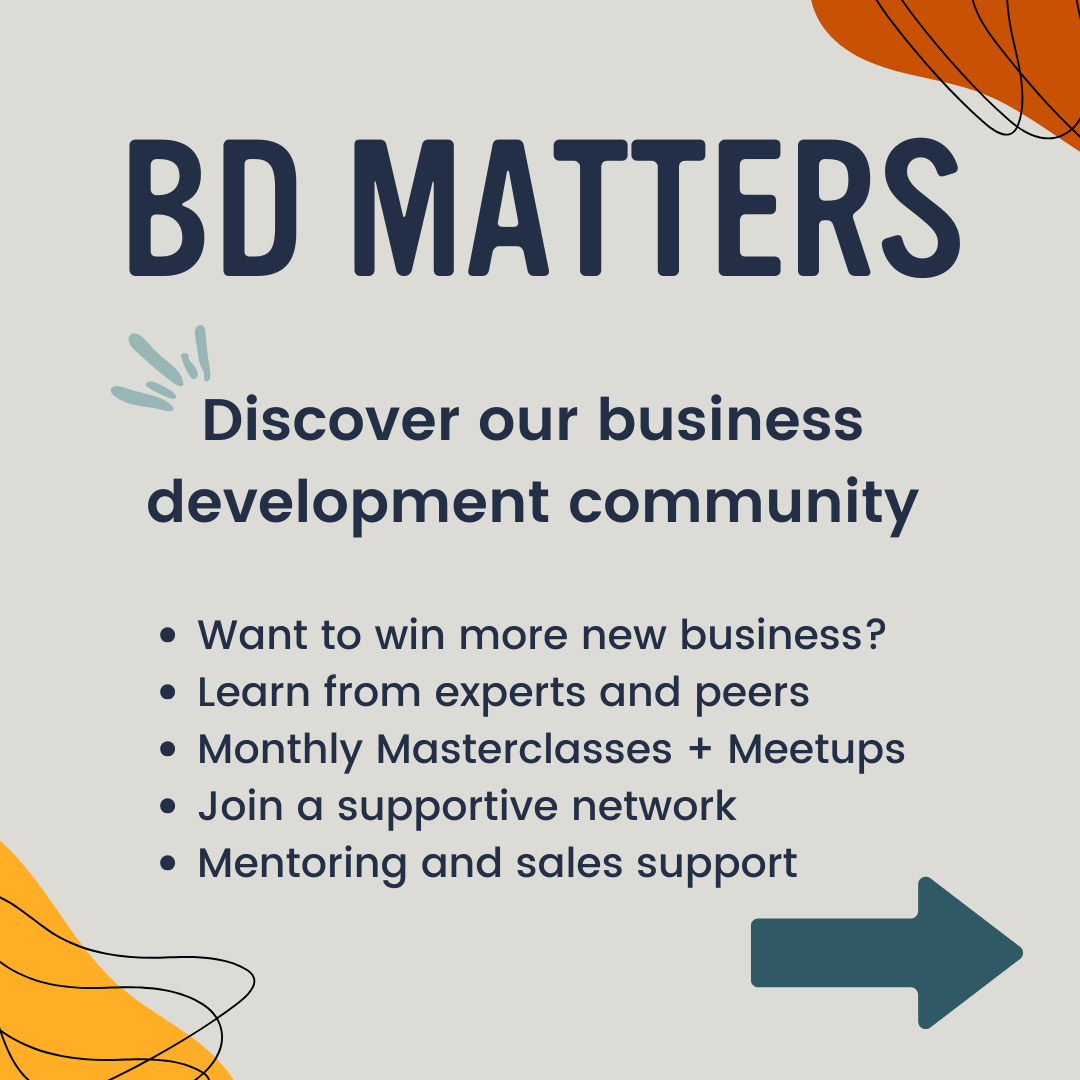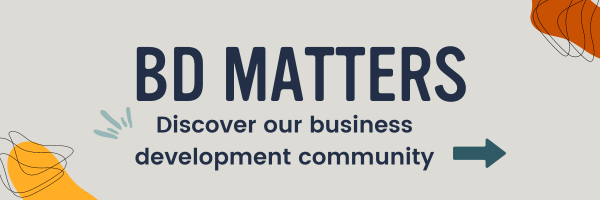
Combatting 5 common networking challenges
September 05, 2022
Like most things in business development, strategic networking needs planning, goal setting, and implementation to succeed. But also like most things in business, things can often get in the way.
Adam Graham (Founder and MD of Gray Matters) and Anne Harlow (Director of BD Matters) sat down to share their approach and advice on how to deal with five common scenarios that get in the way of strategic networking (and they’re not holding back).
You’re in a time crunch and must leave the networking event early
Anne: Have a game plan. Make sure you connect with as many people as possible before the event and ask the hosts for a guest list so you can highlight your top prospects. Email and arrange to meet as many of them as possible at the event for a drink and a chat. As always make sure you follow up the next day.
Adam: Focus on one or two key people; a likely prospect, or a strong referrer. Try and hold their attention for a decent amount of time. Use the rest of your time to walk through the event, catch eyes with people and say some brief hellos. Don’t get stuck talking to someone whose company you don’t enjoy. Don’t forget to take a few photos for social, pick up any guest lists or comms lying about, and go and thank the organiser.
You’ve had too much to drink
Anne: This is tricky, but not uncommon when attending a work event. Generally, most people are there to connect with other people and often alcohol is served. I think when you have had too much to drink, it’s important to step back, have a soft drink and refrain from talking about business, I would also refrain from twerking (yes, I’ve seen that before!). Make sure you go home early and keep drinking water. Share some photos on LinkedIn the next day, that show everyone that they also had a good time.
Adam: I’m not a massive drinker at work events but if I was smashed, I would probably find the next most drunk person in the room and spend all my time with them. You’ve got to hold yourself together at work events as your reputation is on the line, so you want to make sure you don’t embarrass yourself.
You forgot your business cards
Anne: I don’t really like business cards but if people share them, I always say I much rather connect on LinkedIn and I use LinkedIn’s QR code feature on my phone to add connections quickly and easily. It’s brilliant, here’s how to do it. You should also ask for email addresses so you can add prospects straight into your CRM and send them great content.
Adam: I don’t tend to take business cards, but I do note people’s names and company names as soon as possible on my phone. It’s easy to look someone up on LinkedIn the next day and connect with them that way.
The person you wanted to meet the most didn’t show up
Anne: It’s the perfect excuse to follow up with them the next day. This is really annoying sometimes, especially when they send an inexperienced junior in their place. If you really want to meet them though, drop them an email and ask for an ETA (Estimated Time of Arrival). They might reply with a “sorry, can we rearrange?”, and you can take it from there. Make sure you also turn their absence into a positive by speaking to other companies.
Adam: C’est la vie but if you had planned to meet then that’s a bit asshole-ish. Make the most of the event and depending on your relationship send them a message about what they’re missing. If at first you don’t succeed…
A wave of Imposter Syndrome comes over you
Anne: This happens to everyone at events, especially if you are new to networking. When you feel the “they don’t care what I am speaking about” feeling or “am I saying the right thing right now?”. I always acknowledge it, breathe, and tell myself this is just imposter syndrome. When you recognise the feeling, it’s much easier to push through.
Adam: This could be in conversation or in your own thoughts. In conversation, it’s natural to have doubts about what you’re saying and this will largely depend on who you’re saying it to. Try to stick to topics you are knowledgeable about so you don’t end up sounding stupid. But just be yourself, be confident in your opinion, and ask questions. Soon enough, you’ll see everyone has imposter syndrome.
Whatever your stumbling blocks may be, having a rough plan on how to get past them will make your networking experience a lot smoother. Don’t get carried away with this though, you can’t plan for everything. On the days when things don’t go your way, just dust yourself off and move on. Happy networking!

